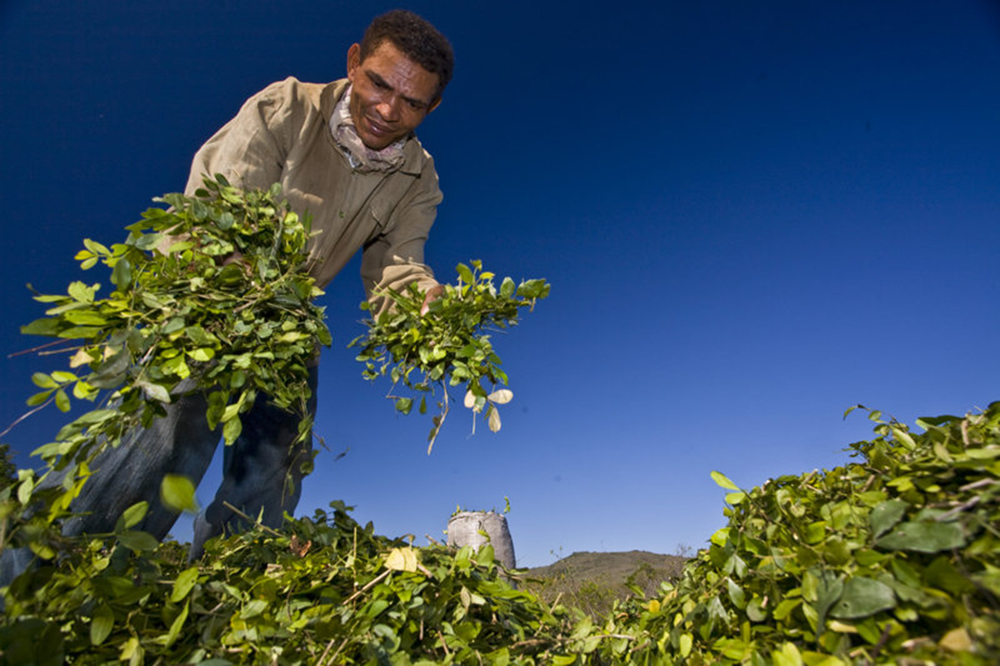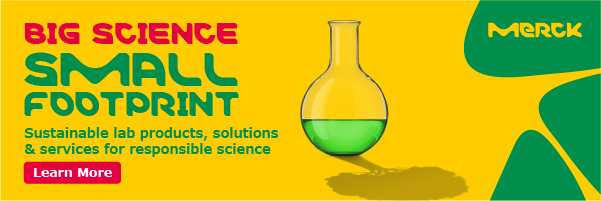Corporate Responsibility
Partnerships for a better world 22nd November 2017
By our Editorial Team
An interview with Andrew Badrot, Founder and CEO of C2 PHARMA about the company’s Partnerships for a Better World programme,
Created in 2003, Partnerships for a Better World is designed to positively impact all aspects of the supply chain pertaining to the harvest of native plants from the Amazon and other Brazilian biomes. It is a demonstration that economics and environmental stewardship can go hand-in-hand when all parties are willing to contribute.
C2 PHARMA obtains many natural ingredients and APIs from the Brazilian flora – a fragile ecosystem that, like any other, requires careful management. In previous decades, companies exploited it, killing many of the native plants from which these APIs are obtained. We spoke to Andrew Badrot, Founder and CEO at C2 PHARMA about the project, and how the company has started to harvest phyto-APIs in Brazil in a sustainable way, bringing life back to a region that had been suffering from industrial exploitation.
Andrew: The program currently offers a certified supply chain for Jaborandi (pilocarpine), Passiflora incarnata, Fava D’anta (quercetin), Guaraná and Mate-Herb.
In the case of pilocarpine (used in the treatment of glaucoma and dry mouth disease), the source is the Jaborandi plant, native to Brazil. This plant is difficult to cultivate and, to obtain high content of active Ingredients, it must be harvested in the wild. We created a specific sub-program called ‘The Jaborandi Valorization Program’, which pioneered the wild harvesting of Jabora
 ndi, and is now being extended to other species.
ndi, and is now being extended to other species.Andrew: In the past, illegal shrubs picking of Jaborandi was widespread. Pickers shortened the branches of the Jaborandi tree to the point where the species was threatened with extinction. Dealers exploited the pickers by paying little; the small payments covered only the pickers’ needs for food during the harvest season, but not beyond.
Andrew: The Partnerships for a Better World program focused on removing the dealers and established a direct connection with the pickers. This led to a 5-10 fold increase in pickers’ compensation. The program also trained pickers to harvest sustainably, following Good Harvesting Practices.
Forest management techniques and research on Jaborandi led to the establishment of harvest guidelines:
- Branch tops should only be harvested after the first fruit has ripened and only from a height above 50 cm
- Pickers should use cutters, provided for free by the program, to ensure propagation from seeds, preservation of the shrub, regeneration and future harvests
- Pickers also replant with seedlings.
Andrew: The program brings benefits to all stake holders. For pharmaceutical customers, the main benefit is access to raw materials with better quality and full traceability, while supporting indirectly socio-environmental developments and biodiversity preservation in Brazil. By following Good Harvesting Practices, the content of phytochemical markers in the leaves has improved significantly. Any cost impact is compensated by better quality raw materials.
Andrew: Through the financial support and the purchase agreements, C2 PHARMA has reached a certain level of guarantee of supply, which allows us to plan and meet our customers’ demands. This is a game changer when it comes to a phytochemical API, where a lot of factors may influence harvest outcome.
Andrew: Many pharmaceutical companies realise the benefits of accessing raw materials in a sustainable and fully traceable supply chain, free from toxic residues, pesticides and genetic manipulation. As demands constantly increase, we are working to integrate new species and new rural partners to the program.
- Covering new plant species
- Attracting new customers to support socio-environmental projects aimed at community development and biodiversity conservation
- Expanding the number of pickers involved in the program inside, and possibly outside, Brazil.
T: +352 28 26 11 00; E: info@c2pharma.com



